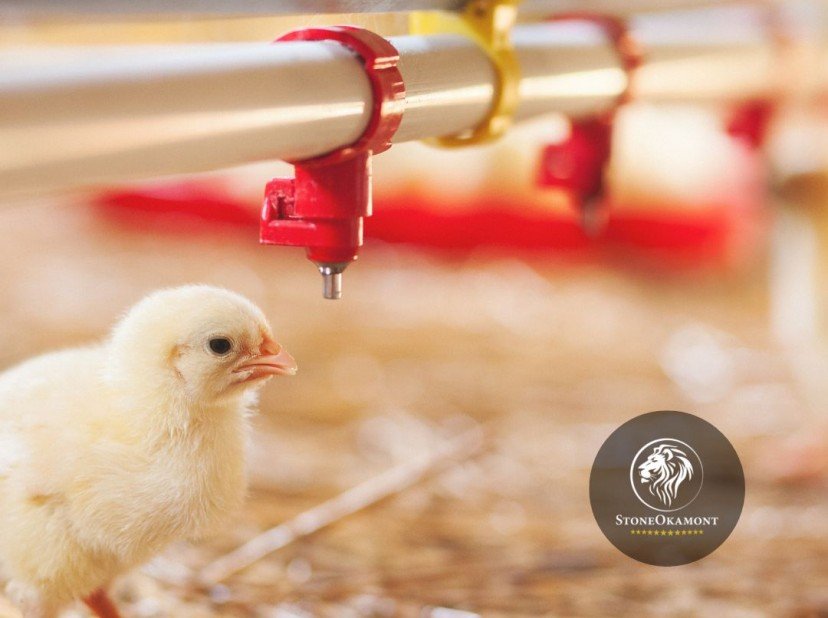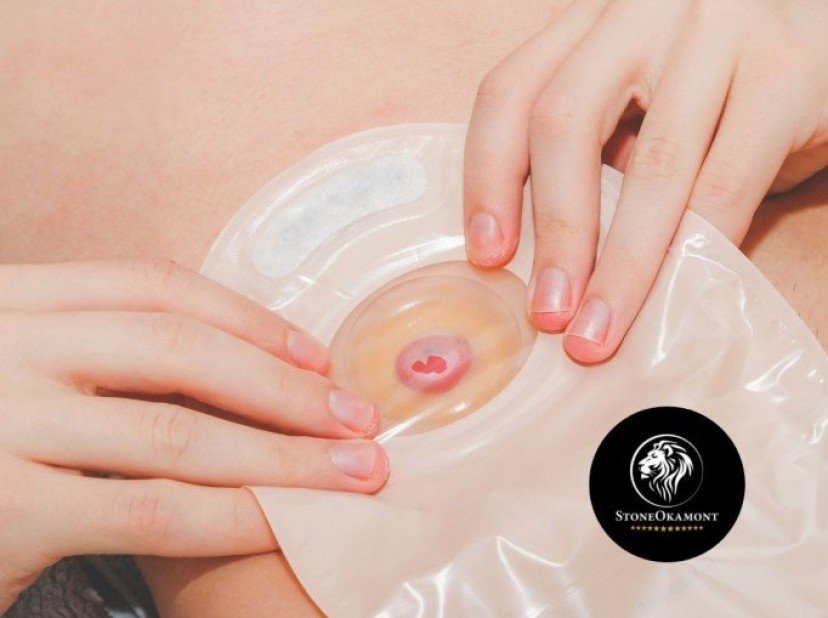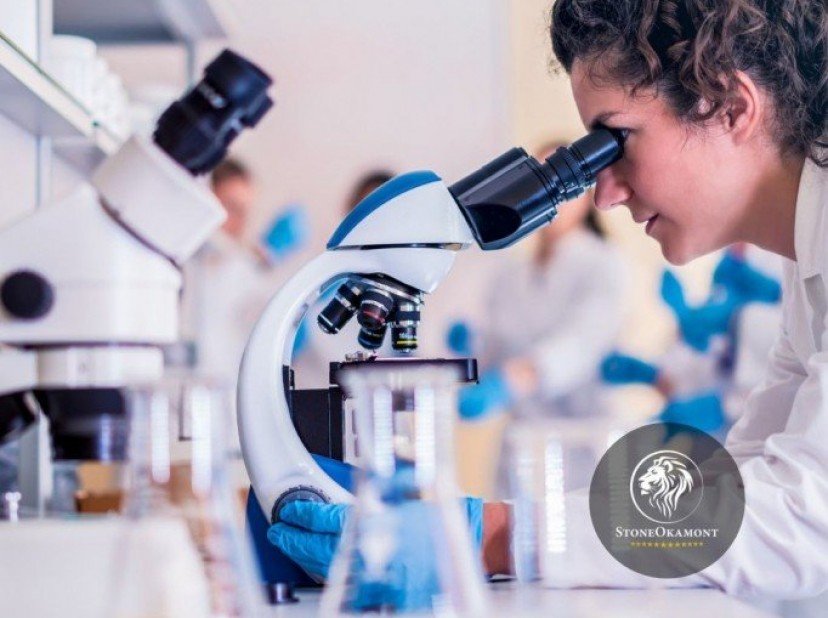
ANVISA is responsible for overseeing and regulating the medical products sector. That's why Stone Okamont will teach you how to register implants at ANVISA.
Understanding the classifications of these products at the National Sanitary Surveillance Agency can be a difficult task since there are specific legislations for the different types of implants.
That's why Stone Okamont has prepared a complete material for you to understand how to register implants in Brazil.
What are implants?
Implants are all medical products intended to be introduced fully or partially into the body by surgical means or by another medical act and are intended to remain in place after the procedure for more than 30 days.
What do I need to do to register implants with ANVISA?
The starting point for registering implants in ANVISA is the regularization of the company with the Sanitary Surveillance, which includes the Local Operation License with the Sanitary Surveillance of the Municipality or State, also known as Permit or Operating License, as well as obtaining of the Authorization of Operation of the Company - AFE, together with Anvisa. Without these authorizations, re-reporting will not be granted.
How do I obtain my Local Operating Licences?
Result of a good technical, administrative and operational evaluation of the company and the place of production, the Local Operating Licences is issued by Local Sanitary Surveillance Authority( VISA), guaranteeing compliance with all municipal and state requirements by the company that wishes to register implants with ANVISA.
Are objects of this inspection, documents such as:
I) Accounting Documentation in full agreement with all activities to be evaluated;
II)Documents of the Quality System.
III)See ALL the documents your company needs to issue the Operating License.
Is Operating Permits necessary?
The AFE, Business Operation Authorization, is mandatory to register implants with ANVISA. It is granted by the National Health Surveillance Agency, through publication in the Official Gazette of the Union, after analysis and approval of the agency to the request.
The acquisition of the AFE means that the company acts in accordance with Brazilian legislation and is able to operate throughout the national territory.
This certificate is reserved for legal companies incorporated in Brazil. In this way, a foreign company that has an interest in marketing its products in the Brazilian market, it must have a commercial agreement with a company in Brazil. Not necessarily this company must be a subsidiary of the foreign company, being possible that the Brazilian company is only an importer, which will assume the technical and legal responsibility of the foreign company in Brazilian territory.
Do I need the Good Manufacturing Practices Certificate to register implants?
If your product is classified by Anvisa in Risk Classes III or IV, your company must obtain a Certificate of Good Manufacturing Practices to register implants with ANVISA.
The certification comes from an analysis of the Quality System implemented in the company. This system consists of manuals, procedures and records that optimize the operation and guarantee the quality in the production and consequently the registration of implants in ANVISA
What is my product's rating?
The Risk Class is an institutional form that ANVISA has created to stipulate specific regulation rules for products under a health regulation regime
This classification takes into account the complexity of the product use for human health, being I the lowest complexity and IV the highest.
As these materials can address many types and uses, it is necessary to categorize the product with the rules established by the legislation, which most classifies the implants as Class III, except in case they are intended:
a) to be placed on the teeth, in this case they belong to Class II;
b) to be used in direct contact with the heart, central circulatory system or central nervous system. In this case, they belong to Class IV;
c) To produce a biological effect or to be absorbed, totally or largely. In this case, they belong to Class IV;
d) To undergo a chemical transformation in the body or administer medications, unless they are intended to be placed on the teeth. In this case, they belong to Class IV.
Do I need the Good Manufacturing Practices Certificate to register implants?
After classification of the product, if it has been classified in Risk Class III or IV, the company must obtain a Certificate of Good Manufacturing Practices to register implants with ANVISA.
The certification comes from an analysis of the Quality System implemented in the company. This system consists of manuals, procedures and records that optimize the operation and guarantee the quality in the production of surgical instruments.
Get Product Registration at ANVISA
After obtaining all the necessary documentation for the registration of your product, it is time to make the request of the process and to follow the procedures of each step of the registration with ANVISA.
Accomplishing, tracking, and enforcing the entire Product Registration process is for many companies a difficult task to complete within their internal departments.
Often, processes done without a high procedural know-how of legislation and bureaucratic paths.






